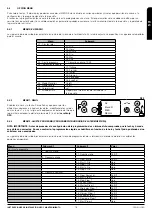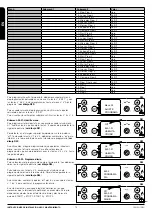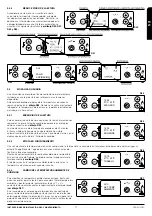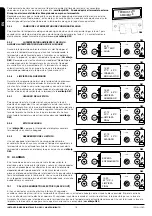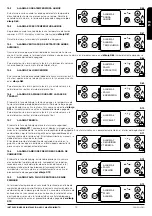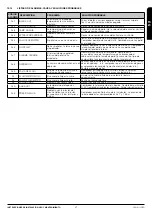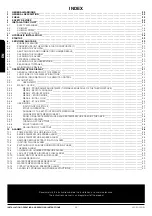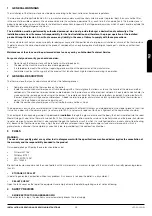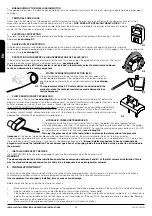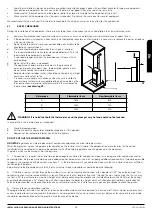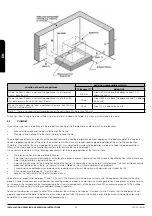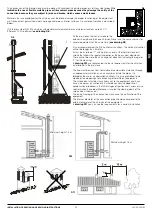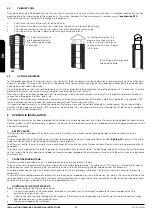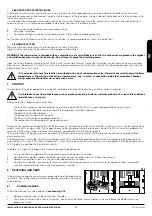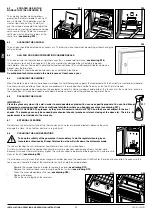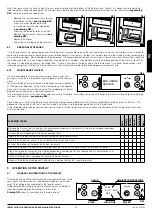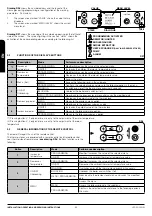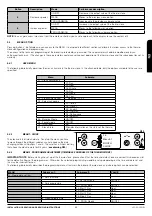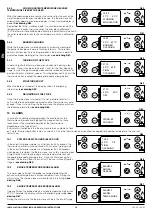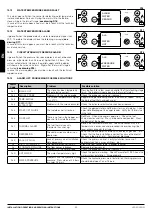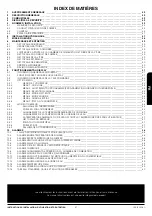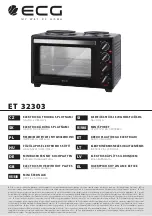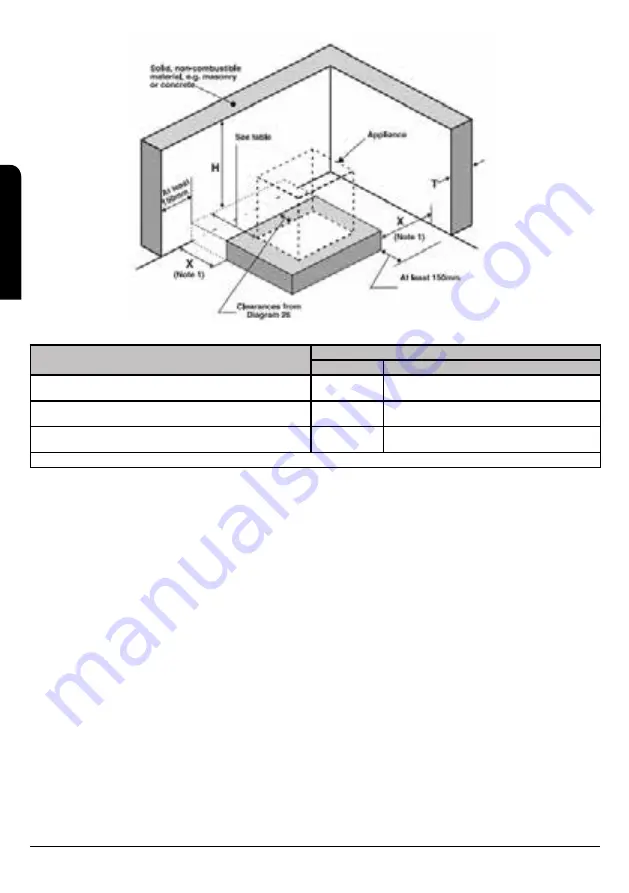
26
Location of hearth or appliance
Solid, non-combustible material
Thickness (T)
Height (H)
Where the hearth abuts a wall and the appliance is not more than
50 mm from the wall
200 mm
A least 30 mm above the appliance and 1.2 m
above the hearth
Where the hearth abuts a wall and the appliance is more than 50
mm but not more than 300 mm from the wall
75 mm
A least 300 mm above the appliance and 1.2 above
the hearth
Where the hearth does not abut a wall and is no more than 150 mm
from the wall (See Note 1)
75 mm
A least 1.2 m above the hearth
Note: 1. There is no requirement for protection of the wall where X is more than 150 mm.
Will access from a single side be sufficient for most boilers? Indeed which side, this may vary from models to model.
5.2 CHIMNEY
The chimney is of basic importance in the proper functioning of the thermo-stove and primarily has two functions:
•
Evacuate the smoke and the gas safely out of the house.
•
Provide sufficient draught to the stove in order to keep the fire.
The draught also affects the intensity of the combustion and the heating performance of your equipment. A good draught of the fireplace
needs a reduced regulation of the air for the combustion, while a lack of draught needs a good regulation of the air for the combustion.
Therefore, it is essential that it is made perfectly and that it is subjected to maintenance operations in order to keep it in good conditions.
(Many of the claims due to malfunctioning reasons refer exclusively to a bad draught).
It is necessary to comply with the following requirements for the proper operation of the thermo-stove:
•
The interior section must be preferably circular.
•
It must be thermally insulated along its entire length in order to prevent condensation (the smoke is liquefied by heat shock) and even
more if the installation is outside the house.
•
If we use metallic pipe for the installation outside the house, it is compulsory to use thermal insulated pipe. It consist of two concentric
pipes and, between them, there is a thermal insulator. Moreover, we will avoid condensation problems.
•
It should not have bottlenecks (enlargements or reductions) and it must be vertical with deviations not higher that 45º.
•
If it has been used previously, it must be clean.
•
Respect the technical data of the instructions manual.
The optimum draught varies between 10 and 14 (Pascal). The measuring must be always made with the equipment hot (nominal heating
power). A lower value causes a bad combustion causing carbonic deposits and excessive smoke generation, having leaks and, even worse,
an increase of the temperature that could damage the structural components of the thermo-stove. When pressure exceeds 15 Pa it will be
necessary to reduce it by installing an additional draught regulator.
To check if combustion is correct, control if the smoke out the chimney is transparent. If smoke is white it means that the equipment is not
properly regulated or the pellet is being used has a too high humidity. Otherwise, the smoke is grey or black means the combustion is not
completed (it is necessary a bigger amount of secondary air).
INSTALLATION, OPERATING AND SERVICING INSTRUCTIONS
HYDRO SERIES
EN
Summary of Contents for Dama Hydro
Page 107: ...106 12 1 DAMA H FT ...
Page 109: ...108 12 2 LETICIA H FT ...
Page 111: ...110 12 3 REYNA H FT ...


